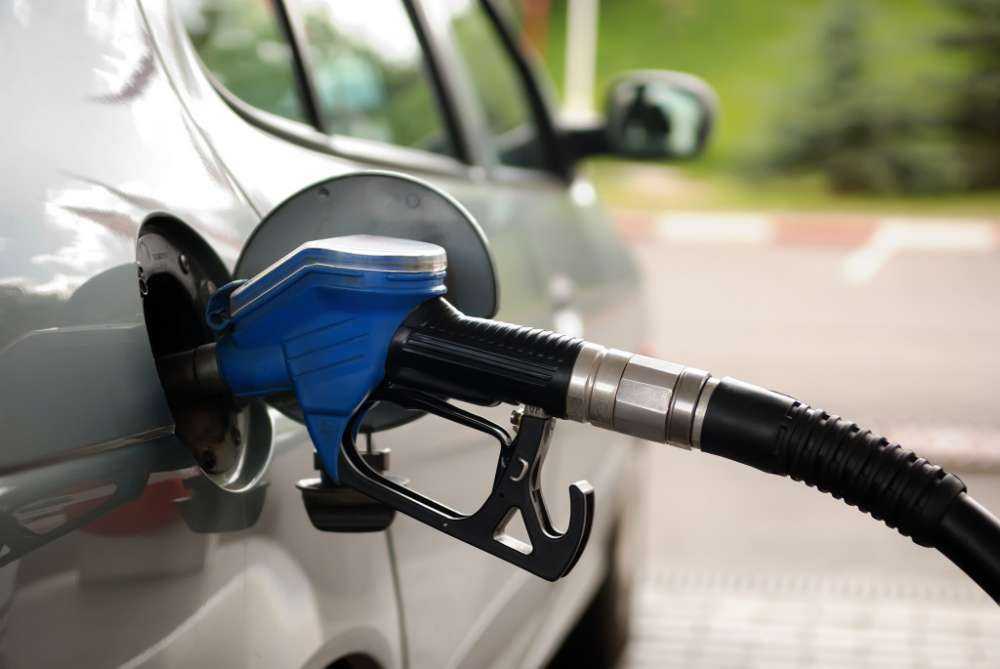BY JELANI DANIEL
Fuel economy is the auto industries modern buzz word since many drivers are facing heavy commutes, minimizing spending and trying to work with both family and work schedules, which can be costly.
Many readers may have a vague understanding of what it means, but how can the economy of your fuel be strengthened?
UNDERSTANDING FUEL ECONOMY:
Fuel economy can be better understood as the ratio between mileage and how much fuel is consumed. Depending on the engine, size of the automobile, as well as the automobile speed all play a vital role in the economy of fuel.
RESEARCHING BEFORE YOU SPEND:
Certain myths such as ‘dirty air filters increase fuel consumption’ have been disproven with newer engine models. Being sure to research all myths can be an added bonus to saving money on your daily commutes and annual upkeep of your vehicle.
THE FUEL MYTH:
The right type of octane for your car is usually listed on the car for you to review, so keeping with the recommended grade is necessary. Overall, premium gas is typically used to enhance performance and minimize precipitation, not lower fuel consumption. By paying a higher price, you are providing your car better fuel, but not necessarily enhancing fuel economy.
WHAT CLASS OF CAR IS MOST FUEL EFFICIENT?
There are various car makes and models, but classes of cars typically reveal the most accurate MPG (miles per gallon). Overall, the most fuel friendly classes include Electric two seaters, compact cars and midsize cars.
As the class gets larger (unless it is electric) the fuel economy decreases. Vehicles that consume the most gas include large cars, station wagons, sport utility vehicles, pickups and finally vans. Vans that are made for passengers take up the most fuel, often only having under 15 MPG.
IMPACTS ON THE ENVIRONMENT:
As concerns for the environment grow, there are a series of innovative technologies that are enhancing fuel economy, as well as ending the use of fuel. As mentioned above, the best way to save on fuel is to use electric vehicles. Although they are pricey, the end result is non-existent gas payments and an environmentally friendly commute.
For the current non-electric driver, sticking to regular fuel but buying smaller cars with smaller engine sizes, as well as using less air conditioning are the most traditional and trusted ways to save fuel. Purchasing newer cars with eco-friendly hybrid alternatives are a great way to save gasoline, as well as purchasing more modern, fuel efficient models.

